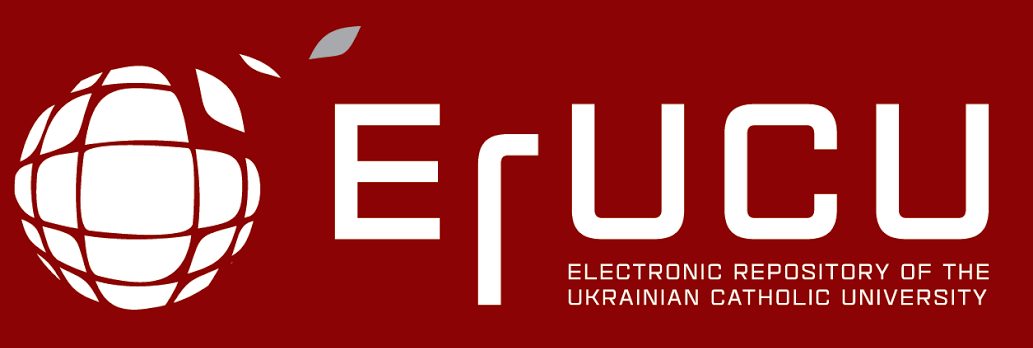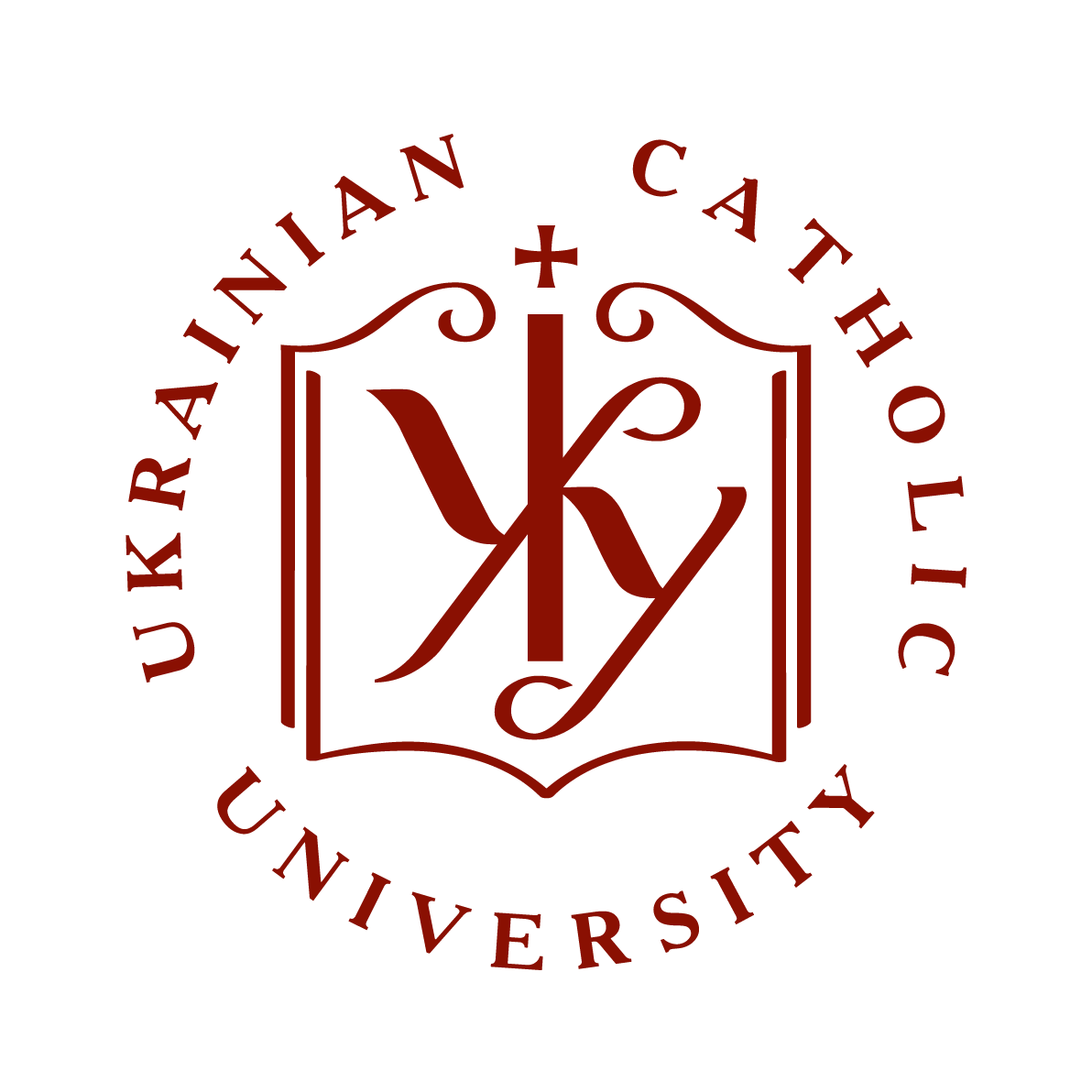Сценарії JavaScript вимкнено для Вашого браузера. Деякі функції цього сайту не будуть працювати без них.
| dc.contributor.author | Мілавек, Аарон
|
|
| dc.date.accessioned | 2016-02-09T11:25:08Z | |
| dc.date.available | 2016-02-09T11:25:08Z | |
| dc.date.issued | 2015 | |
| dc.identifier.citation | Мілавек А. Органічна єдність і пастирський геній «Дідахе» / Аарон Мілавек ; пер. з англ. А. Вівчара // Наукові записки УКУ. - 2015. - Ч. 5 : Богослов’я, вип. 2. - C. 96-124. | uk |
| dc.identifier.uri | http://er.ucu.edu.ua/handle/1/561 | |
| dc.description.abstract | Жодна спільнота, що не вміє майстерно та ефективно передавати іншим той спосіб життя, який вона плекає, не існуватиме довго. Будь-який спосіб життя, який не можна чітко визначити, продемонструвати, відрізнити від інших альтернатив, що існують у навколишній культурі, приречений на втрату своєї значущости й поступову асиміляцію. З огляду на ці суворі реалії «Дідахе» детально формулює програму вишколу, розраховану на те, щоб незворотно змінити світосприйняття й критерії судженння новиків, які покинули поганський спосіб життя. Завдання цього есею – виявити в цій програмі вишколу органічну єдність і душпастирську прогресію тем. Крім того, буде звернуто увагу на властиву «Дідахе» христологію слуги й на присутні у цьому творі вказівки на його первісно усний характер. Це дає автору підстави вважати, що грецький рукопис, відкритий архиєпископом Вріеннієм у 1873 році, походить з усного переказу, носії якого не знали або не приймали тих екзальтованих очікувань «Христового поверненя», що відображені в посланнях Павла та Євангелії від Матея. А це дає змогу констатувати, що «Дідахе» з’явилося раніше за писані Євангелія. Як і Павло, воно уникало апокаліптичних припущень, що легко провадили до поділів серед християн, і разом із юдейським пророком Захарією наголошувало, що «Господь», який повереться в кінці часів, – то буде не хто інший, як «Бог Давида». | uk |
| dc.language.iso | uk | uk |
| dc.subject | «Дідахе» | uk |
| dc.subject | новик | uk |
| dc.subject | наставник | uk |
| dc.subject | учень | uk |
| dc.subject | навчання | uk |
| dc.subject | вишкіл | uk |
| dc.subject | Дорога Життя | uk |
| dc.subject | Євангеліє | uk |
| dc.subject | Апостольські постанови | uk |
| dc.subject | Євхаристія | uk |
| dc.subject | Didache | uk |
| dc.subject | novice | uk |
| dc.subject | master | uk |
| dc.subject | disciple | uk |
| dc.subject | training | uk |
| dc.subject | apprenticeship | uk |
| dc.subject | the Way of Life | uk |
| dc.subject | Evangelium | uk |
| dc.subject | Apostolic Constitutions | uk |
| dc.subject | Eucharist | uk |
| dc.title | Органічна єдність і пастирський геній «Дідахе» | uk |
| dc.title.alternative | The Organic Unity and Pastoral Genius of the Didache | uk |
| dc.type | Article | uk |
| dc.status | Опублікований і розповсюджений раніше | uk |
| dc.description.abstracten | Any community that cannot artfully and effectively pass on its cherished way of life cannot long endure. Any way of life that cannot be clearly specified, exhibited, and differentiated from the alternative modes operative within the surrounding culture is doomed to growing insignificance and to gradual assimilation. Faced with these harsh realities, the Didache spells out in detail the training program calculated to irreversibly alter the habits of perception and standards of judgment of novices coming out of a Gentile life style. The task of this essay is to recover the organic unity and the pastoral progression of topics within this training program. Furthermore, this essay draws attention to the servant Christology of the Didache along with the clues of orality found within the text. This enables the author to judge that the Greek manuscript discovered by Archbishop Bryennios in 1873 derived from an oral recitation that was either unaware of or opposed to the high exaltation ‘return of Jesus’ expectations found within the letters of Paul and the Gospel of Matthew. The way is thus open for acknowledging that the Didache predated the written Gospels and avoided the apocalyptic factionalism of Christians like Paul by insisting with the Jewish prophet Zechariah that the ‘Lord’ expected to return in the end times would be none other than the ‘God of David.’ | uk |
| dc.relation.source | Наукові записки УКУ. - 2015. - Ч. 5 : Богослов’я, вип. 2. | uk |
Files in this item
This item appears in the following Collection(s)
-
2015 (вип. 2) [31]
Наукові записки УКУ. - 2015. - Ч. 5 : Богослов’я, вип. 2.


